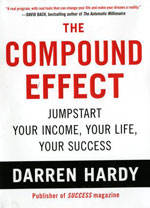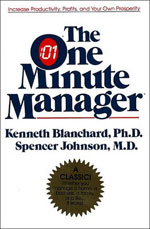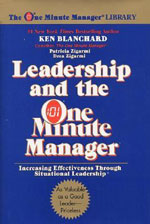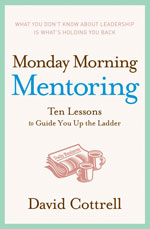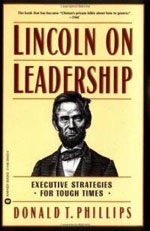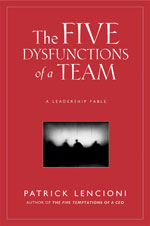May of 1996, professional climber Neil Beidleman was guiding a handful of adrenaline junkie clients to the summit of Everest. During this particular ascent a storm stranded the group in the “death zone”, claiming the lives of eight people, including Beidleman’s friend and climbing partner Scott Fischer, and leaving the survivors severely to moderately injured in one of the worst mountaineering disasters in history. The climbers all began with the same goals, to reach the summit and to survive to tell the tale; however, when the goal became more survival focused, some headstrong climbers abandoned the team discipline and lost sight their accountability to the group. In such an extremely unforgiving environment, the adventure turned into deadly.
junkie clients to the summit of Everest. During this particular ascent a storm stranded the group in the “death zone”, claiming the lives of eight people, including Beidleman’s friend and climbing partner Scott Fischer, and leaving the survivors severely to moderately injured in one of the worst mountaineering disasters in history. The climbers all began with the same goals, to reach the summit and to survive to tell the tale; however, when the goal became more survival focused, some headstrong climbers abandoned the team discipline and lost sight their accountability to the group. In such an extremely unforgiving environment, the adventure turned into deadly.
In 2001, another group of climbers attempted to reach the Everest summit; the unique to this group was the presence of member Erik Weihenmayer, a blind man. They would be the first team to guide a blind man to the Everest summit. What allowed this group to be successful versus the group in the 1996 disaster was that every evening Weikenmayer and his group would meet in “tent sessions” to discuss their daily accomplishments and lessons learned. This in turn helped them plan the next day and make adjustments where they deemed necessary. In these nightly tent sessions they shared what they learned and committed to the next day’s strategy. As a result, on summit day they reached their goal, and etched their names in the exclusive history of Mount Everest for not only guiding the first blind man to the summit, but for also having one of the largest teams (18 people) to all make it the top. I can’t emphasize this enough, Weikenmayer’s team had extreme focus on a strategy development via “tent sessions”, which enabled them to commit to the next day’s deliverables and hold everyone accountable. Planning and accountability resulted in what many thought of as impossible.
If you look at companies with new products often the the majority of sales come from the top 20% of sales reps. Why is that? Why aren’t the other territories achieving similar or better revenues? How do we change this trend and move the middle? My belief is we need to have a laser like focus on “Lead Measures.” Lead Measures are measures of activities connected to achieving an end goal (Lag Measures). A “Lag Measures” tell you if you achieved the goal. For example, you can’t control the trait of being prone to cavities, but you can control how often you go to the dentist for routine cleanings and checkups for prevention.
I can understand how it might feel when you think about getting a new product going in your territory – it seems like you’re trying to move a massive boulder . You need leverage to help you move that rock; you need to focus on something you can control. The things you can control are your behaviors and the results of your activities.
In conclusion, every day we need to define our daily measures, commit and execute the actions required to achieve those lead measures. As team members and leaders we must hold ourselves and everyone accountable. As a result this will drive us to success which we can all celebrate our Lag Measures (aka commissions!). Building new product success is just like climbing Mount Everest and why should this success be limited to a few? Why can’t we all ascend together just like Weihenmayer’s team did? I am sure the view is beautiful at the top, and the feeling must be amazing too to know that you did what everyone thought was impossible.










